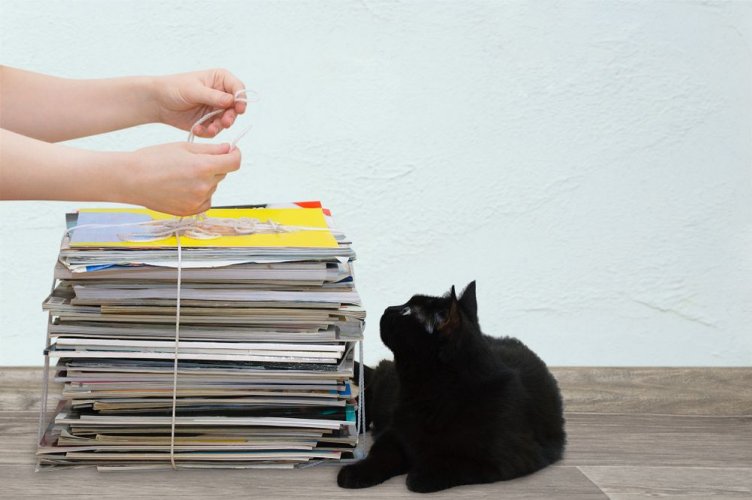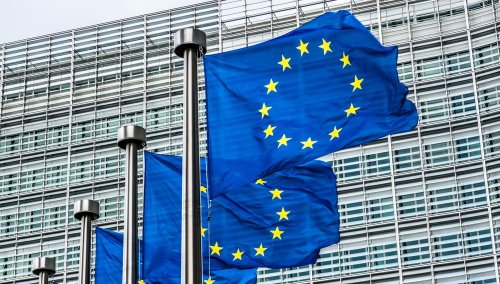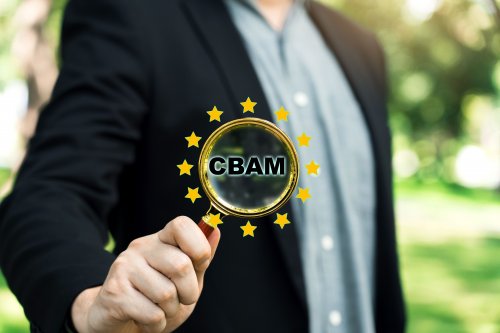MEPs are urged to provide the paper industry with a stable policy to increase the competitiveness of carbon-leaking companies.
This is stated in an open letter from the trade organization Assocarta, which was sent before the plenary vote on June 8 and 9 on ETS and CBAM, according to Eco from the City.
In this letter, European energy-intensive industries, including paper producers, are asking for harmonization of European laws on climate targets by 2030, which were strengthened by the first vote of the ENVI Committee, the European Parliament's standing committee on the environment on 17 May.
The result of the vote, according to the companies, accelerated the abolition of existing measures against carbon leakage ("transfer" of emissions to a region with less stringent production conditions and climate policy) without considering the risk that European goods are more expensive to produce under enhanced regime ETC. , become less competitive.
Assocarta President Lorenzo Polly said that over the past four years, the price of CO2 has risen by 700% in the absence of a stable regulatory environment, making it difficult to decarbonise the industry.
"The European manufacturing industry urgently needs measures to support investment in climate protection and effective ones that are already in place in sectors threatened by relocation, such as paper production," he said.
The material noted that the transition of European industry to climate neutrality requires a predictable regulatory framework, rather than sudden deviations from the established path. After all, carbon leakage in Europe is threatening the European paper production chain, which now employs more than 2.6 million people and provides significant investment in low-carbon technology in line with the Fit for 55 goals.
The European Parliament is required to ensure:
- secure and competitive access to sustainable energy and raw materials, with particular emphasis on the gradual strengthening of independence from supplies from third countries;
- financial support for research, development and dissemination of innovative technologies through pre-financing of ready-to-launch demonstration projects;
- development of "leading markets" of environmentally sustainable materials, products and technologies, overcoming the initial gap in value compared to conventional products;
- institute of measures to ensure the competitiveness of European industry in relation to international competitors who do not share the same climatic ambitions.
We will remind, The European Parliament called extend the carbon duty to 8 industries.
As EcoPolitics reported earlier, Ukrainian exporters to the EU will be subject to a carbon duty of more than € 1 billion annually.





